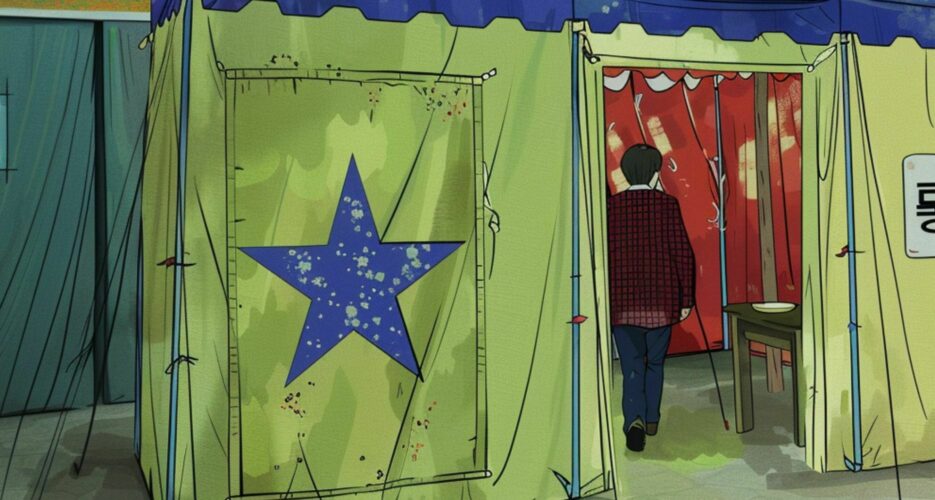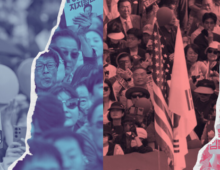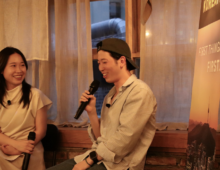As family structures evolve and individualism grows, more South Koreans are adopting new names to reflect their identity
In a quiet corner of Seoul, 75-year-old Han Jeong-yeon reflected on her decision to change her name. For 65 years, she went by Choon-ja, a moniker she grew to despise for being old-fashioned. In 2014, as name changes surged in popularity, Han seized the opportunity to forge a new identity.
“I’m happy I changed my name back then,” Han said. “As a senior citizen, people rarely call me by my first name outside the family. But it’s enough to know I won’t feel embarrassed when someone calls me by my name when I go to a bank or the hospital.”
In a quiet corner of Seoul, 75-year-old Han Jeong-yeon reflected on her decision to change her name. For 65 years, she went by Choon-ja, a moniker she grew to despise for being old-fashioned. In 2014, as name changes surged in popularity, Han seized the opportunity to forge a new identity.
“I’m happy I changed my name back then,” Han said. “As a senior citizen, people rarely call me by my first name outside the family. But it’s enough to know I won’t feel embarrassed when someone calls me by my name when I go to a bank or the hospital.”
Get your
KoreaPro
subscription today!
Unlock article access by becoming a KOREA PRO member today!
Unlock your access
to all our features.
Standard Annual plan includes:
-
Receive full archive access, full suite of newsletter products
-
Month in Review via email and the KOREA PRO website
-
Exclusive invites and priority access to member events
-
One year of access to NK News and NK News podcast
There are three plans available:
Lite, Standard and
Premium.
Explore which would be
the best one for you.
Explore membership options
© Korea Risk Group. All rights reserved.
No part of this content may be reproduced, distributed, or used for
commercial purposes without prior written permission from Korea Risk
Group.












